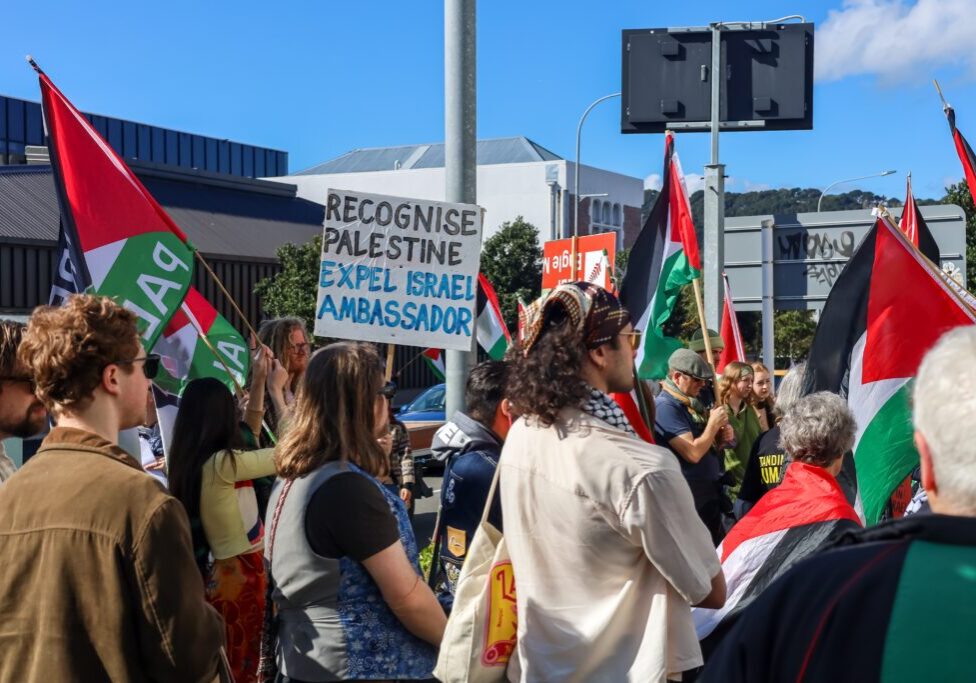Australia/Israel Review
Gaza’s Ganglands
Sep 1, 2005 | External author
Abbas’ law and order problem
By Danny Rubinstein
Palestinian Authority Chairman Mahmoud Abbas hastily returned to Gaza following the funeral of Saudi King Fahd during the first week of August. Abbas intended to stay in Gaza for the next few weeks during the disengagement. He is facing difficult problems in Gaza that may determine his fate. Will he survive?
An incident that aptly illustrates the nature of these problems occurred a few days ago. In the sprawling al-Bureij refugee camp near Deir al-Balah, officer Mahmoud Nashbat has been active in the Palestinian preventive security forces for a long time. (He is a member of the Maswapir refugee family that now goes by the name Sapir.) Two years ago, he founded a militia called the Jenin Martyrs’ Brigade, which numbers dozens (some say hundreds) of soldiers. The vast majority of them are former members of Palestinian security forces who have carried out acts of terror. More important, most of them continue to receive salaries from these organisations.
In other words, in Gaza it is possible to receive a salary from the Palestinian Authority and to engage in acts of terror. Security officers do not dare deprive individuals who participate in important national missions in the battle against the occupation of their salaries. Insurrection actually erupted in the few locations where the PA attempted to block payment of such salaries.
Mahmoud Nashbat is hailed as a hero in Gaza. Some say that he single-handedly destroyed two Israeli tanks but he is best known for his battle against allegedly corrupt senior Palestinian officials. More than a year ago, Nashbat and his men kidnapped then-Palestinian police chief Ghazi Jabali, and extracted a videotaped confession outlining a series of corrupt acts. Yasser Arafat phoned Nashbat to demand Jabali’s release. However, Nashbat responded that he would release Jabali only in turn for an announcement that Jabali would be fired. Arafat promised and indeed sacked Jabali a short time later. The affair earned Nashbat the reputation of a noble hero of the people in Gaza – a sort of Palestinian Robin Hood.
Ten days ago, Nashbat kidnapped a senior military intelligence officer named Jihad Abed from the Jabalya refugee camp. Abed was the right-hand man of Musa Arafat, then commander of military intelligence forces. There are many explanations for the choice of Abed as a target. Some say that the kidnapping reflected internal political rifts in Fatah. In any case, Nashbat announced that the victim was corrupt, and, in his customary fashion, videotaped the victim’s confession of crimes including theft, extortion and sexual harassment of women.
Abed’s kidnapping did not pass lightly because he is a member of a large, powerful clan in the Jabalya refugee camp. Family members, who believed that the Palestinian Authority was doing nothing to free their relative, decided to carry out their own kidnapping. The kidnap victims were two United Nations employees who were unfortunately snatched while walking down a main street in Gaza.
Palestinian leaders were in turmoil. Dozens of senior officials pleaded with Nashbat to release Jihad Abed. He agreed after several hours and the Abed family released the UN workers as promised.
How many gangs and how many bullies with Robin Hood-style pretensions exist in Gaza? Some say dozens: Abu Amra Bedouin tribal gangs in southern Gaza; ‘death squads’ in central refugee camps; the Abu Rish Brigade (named after a man who was killed in the first intifada) in Khan Yunis; and Abu Samhadana supporters in Rafah. These are only a few of the groups that are connected with Fatah. Hamas has its own groups, which are relatively disciplined and orderly, and there are other groups and political movements associated with senior Palestinians with some clout.
Tales of murder, kidnapping and extortion, like those surrounding Mahmoud Nashbat, have become part of everyday life in the Gaza Strip. Only a few of them are covered by the Palestinian press. Some are reported in one line or two, and some are not reported at all. But they are transmitted by word of mouth and resonate loudly, creating a sense of abandonment and fear in their wake.
Mahmoud Abbas has not succeeded in coping with this phenomenon and some say that he is not even trying. In fact, some of his own constituents say that if he does not effect change in this area, he does not stand a chance.
Tags: Palestinians






